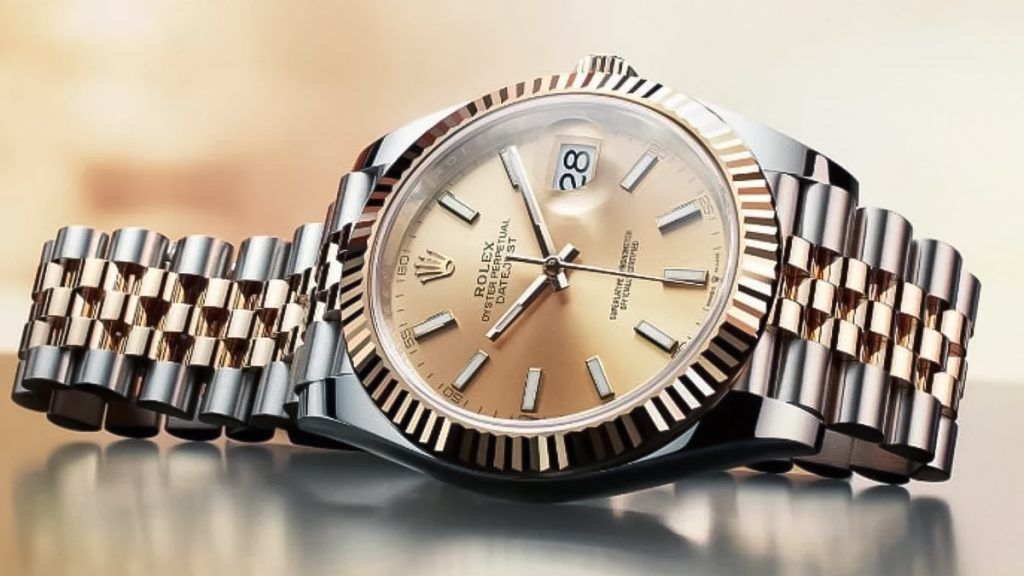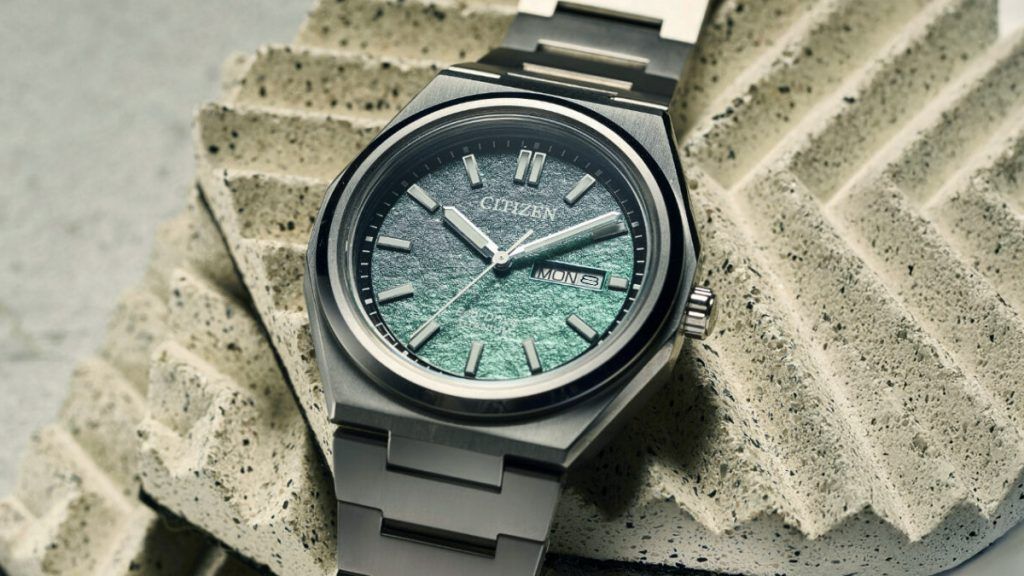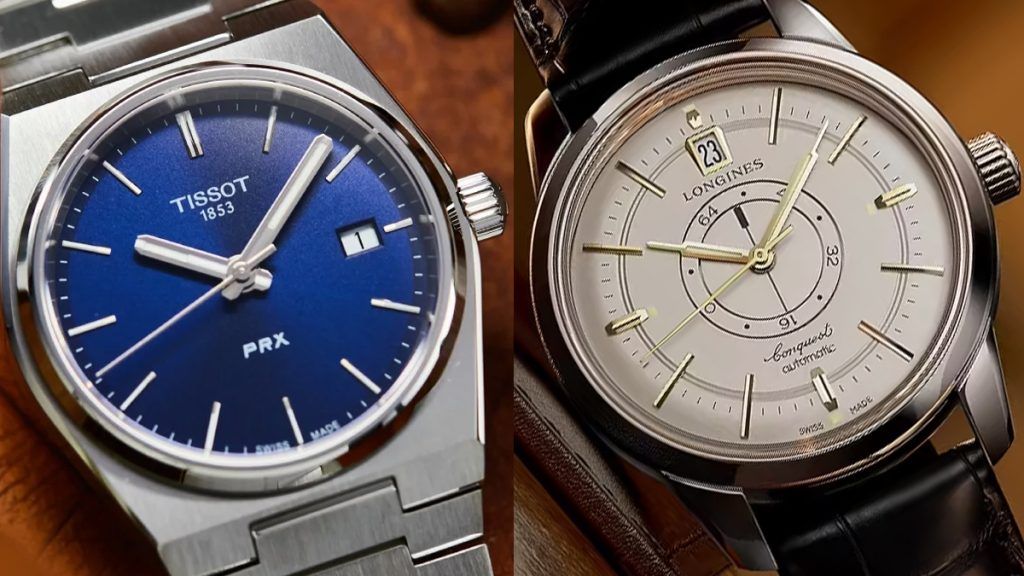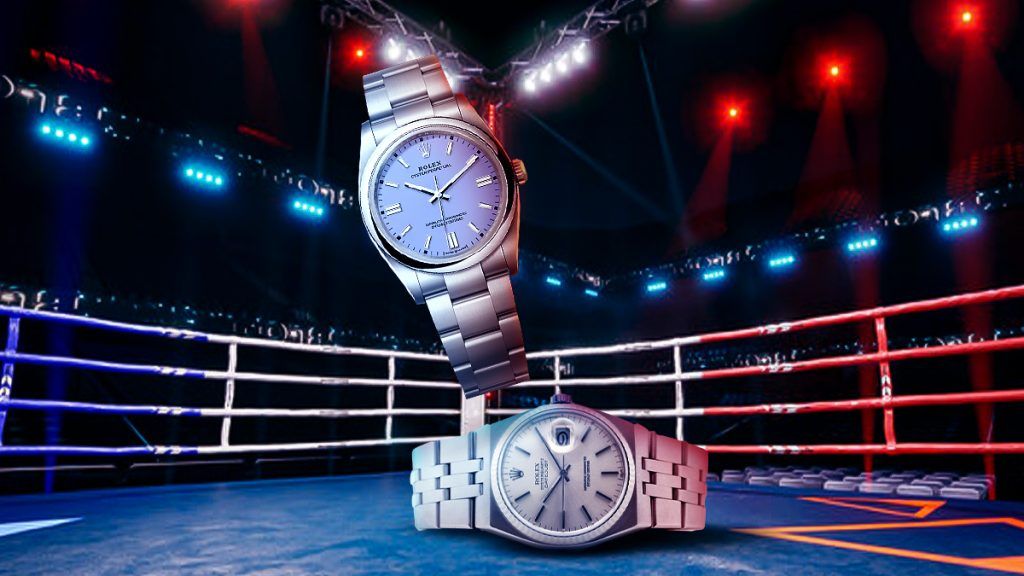I’ve spent a ridiculous amount of time (proxbably more than I should admit) obsessing over watches. From feeling the weight of a timepiece on my wrist, to getting all geeked out about how do automatic watches work or even about quartz movements’ battery life, there’s a deep fascination that just grips you. I mean, I’ll be honest, part of it started with my grandfather’s Broadway Hamilton, a piece of family history that sparked my curiosity in watches. I found myself getting caught up in the debate of automatic vs quartz watches.
Today, I’m diving into this world of precision and performance, sharing my thoughts on what makes these two movements tick (pun intended) and why I think the automatic movement still reigns supreme. So grab a kopi, and let’s get into it.
Automatic Movements

Automatic watches are a thing of beauty. When I first started learning about them, it was like discovering a secret world of engineering precision and design. These watches aren’t powered by batteries, they’re powered by motion. Yeah, you heard that right. The movement of your wrist winds the rotor inside the watch, which in turn powers the gear train and keeps everything ticking. It’s like wearing a little engine on your wrist.
One of my personal favorites? The ETA 2824-2 movement, widely regarded for its reliability and precision. This movement has been a staple in the watch industry since the 1970s, with upgrades over the years that have made it even more robust. What I love about automatic movements is the craftsmanship that goes into them. Every part, from the escapement to the balance wheel, works in perfect harmony. And let’s not forget the satisfying “sweep” of the second hand, it’s like the rhythm of the watch is in sync with your heartbeat.
Now, I won’t pretend that automatic watches don’t come with their challenges. They need regular servicing (every 3-5 years), and if you’re not wearing them for a while, they’ll stop ticking. But there’s something undeniably special about owning a watch powered by your own movements. Plus, they’ve got serious durability, especially with the higher-end pieces like Rolex’s Caliber 3135 or Patek Philippe’s Caliber 324 S C. These watches can last a lifetime, and their value doesn’t just hold, sometimes it appreciates, making them feel like an investment in both time and heritage. So when you wear an automatic, it’s not just a watch, it’s a piece of history on your wrist.
Quartz Movements

Now, let’s talk about quartz watches. The world of quartz is a bit different. These watches are powered by a battery, and the timekeeping is regulated by a quartz crystal. That little crystal oscillates at a high frequency (32,768 times per second, to be exact), and the watch uses those oscillations to keep time with pinpoint accuracy. In short, quartz watches are basically the definition of no-nonsense precision. You never have to worry about winding or worrying if the watch is running. Once the battery’s in place, it just ticks away.
One of the standout features of quartz is the sheer accuracy. High-end quartz movements like Seiko’s 9F or Citizen’s Caliber 0100 are practically perfect in terms of timekeeping, with accuracy rates that are nothing short of remarkable. We’re talking ±10 seconds per year with the Seiko 9F, or even ±1 second per year with the Citizen Caliber 0100. You could almost set your watch by them. And since quartz watches don’t rely on the physical movement of the watch, there’s far less wear and tear. They’re durable and tend to be a lot cheaper to maintain, just replace the battery, and you’re good to go.
Plus, modern quartz watches often come with additional tech features like solar power (Citizen Eco-Drive, for instance), which eliminates the need for battery replacements altogether. I have to admit, as much as I love the mechanical wonders of automatic watches, quartz movements have their charm, especially for daily wearers who just want a no-fuss, ultra-accurate timepiece.
Automatic vs Quartz Watches

Now that we’ve established what makes both automatic and quartz movements tick (pun definitely intended), let’s dive into a real head-to-head comparison of automatic vs quartz watches. Which one really wins the crown?
First off, let’s talk about accuracy. Automatic watches, despite their inherent mechanical complexity, can be less accurate than their quartz counterparts. A high-end automatic watch like a Rolex might achieve accuracy within ±2-3 seconds per day, but that’s still a far cry from the ±1 second per year that you can get from something like Citizen’s Caliber 0100. Quartz is simply the superior choice if pinpoint accuracy is your priority, at least until the battery starts lagging.
But here’s where things get interesting; while quartz watches are definitely accurate, they lack the soul of an automatic. For an enthusiast like me, there’s something almost magical about knowing that your wrist is winding the watch, watching the second hand sweep smoothly around the dial, feeling the ticking in sync with your movements. It’s a connection that quartz can’t replicate. And then there’s the maintenance side of things. Automatic watches require care, lubing, servicing, and occasional repairs, but they also last a lifetime with proper care. Quartz, on the other hand, has the edge in terms of ease of maintenance. Just swap the battery when needed, and you’re good to go. But I’m yet to hear of a quartz lasting a lifetime.
When we’re talking about durability, both types of watches are pretty resilient. However, quartz watches tend to handle shocks and environmental conditions better, since they don’t rely on a complex system of gears and springs. On the other hand, automatic watches, while durable, are susceptible to magnetism and physical shocks, so they require a bit more caution.
Finally, the price factor, Quartz watches tend to be far more affordable, which is why they’re so popular for daily wear. You can get a solid, accurate quartz watch for half the price of a high-end automatic piece. Automatic watches, especially luxury models, can cost thousands (sometimes tens of thousands) of dollars, but they carry a sense of craftsmanship and heritage that quartz simply can’t match.
Conclusion

At the end of the day, I have to admit that automatic watches are my personal favorite. Don’t get me wrong, I’ve got quite a few quartz pieces in my collection, and I respect their accuracy and low-maintenance appeal. But when it comes to the emotional connection you get with an automatic watch, it’s hard to beat. These watches aren’t just about telling the time; they’re about craftsmanship, history, and the feeling of wearing a piece of mechanical artistry.
Sure, quartz might win in terms of raw accuracy, low maintenance, and affordability, but automatic watches offer something far more meaningful. They bring with them a history of innovation, a legacy of watchmaking excellence, and a sense of timekeeping that no battery-powered watch can quite replicate. For me, automatic watches are more than just tools, they’re treasures. And so, as I continue to search for that “perfect” watch, I know it’s going to be one that’s powered by the magic of automatic movement.
